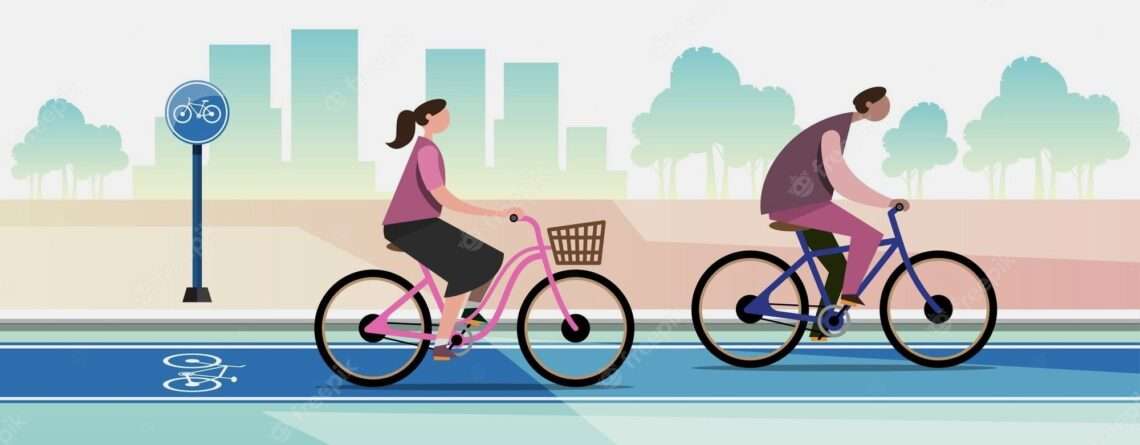Camp Cool 15 Report
admin2023-04-03T07:04:54+00:00Institute of Wellbeing Bangladesh
Camp Cool-15 Report
Date: January 26-28 2023
venue: WBB Conference Room
Introduction
The goal of this camp was to train the youths from different universities on the topic of Carfree Cities and also advocacy toolkits. There were three powerpoint presentation given during the training. All three presentations have discussed how private cars are responsible for climate crisis, have destroyed the social diversity, and economy. The camp included the following topics:
- Presentation on Carfree Cities
- Our advocacy toolkit
- Climate crisis and Carfree Cities
- Carfree City and Diversity
- Networking
- Public Speaking
Location and period of the camp
The camp was held at the Institute of Wellbeing Bangladesh January (26-28) 2023
Opening
The overall goal of the camp was to introduce the participants to Carfree Cities topic, the advantages of carefree cities, and gave training on advocacy toolkits to enable youths be better youth activists. Besides, the training highlighted the impacts of private cars and fuel consumption on climate change and environment. Camp Cool started with a welcome statement and introduction of IWB by Ms. Barani Dalbot, IWB program manager and followed by carefree cities pre-evaluation. Then Mr. Rifat Pasha conducted an Ice-breaking session when participants were asked about their favorite vehicles one by one. In this way participants e were introduced to each other.
Camp sessions and discussions
Friday, January 27th:
Institute of Wellbeing Bangladesh, Executive Director Miss Debra Efroymson gave a presentation on carfree cities. Miss Debra explained how personal cars are damaging economy, society and children lives. She said that we have spaces for the cars, But we do not have spaces for human. Moreover, across the globe trillions of dollars are spend for fossil fuel subsidy. Some highlight of her presentation were:
- Introduction to carfree cities
- Three headed monsters (cars, fuel, and roads)
- Advantages of carfree cities
- Examples of carfree cities in the
world - How to initiate carfree cities
The presentation was followed by Q&A session where participants asked their questions and discussed further about the topic. Participants were then involved in another activity called “carfree tree” where each participant get to write about what it is like to live in a Carfree City on a piece of leaf-shaped paper and then stick it on the paper-made tree.
The second presentation was delivered by Mr. Mahmudul Hasan, IWB communication officer who discussed about climate crisis and carfree cities. He also talked about the role of Bangladesh Youths Climate Network (BYCN). He gave some examples of how BYCN enables youths to work towards decreasing the climate crisis. Besides, he discussed what should be the role of youth to stop climate crisis, and why they should join the Bangladesh Youth Climate Network.
After that, the Assistant Policy officer Mr. Talukder Rifat Pasha talked about diversity and carfree cities. He pointed on how much private car owners get privileges while people with disabilities are neglected in transport infrastructure. For example; the government has built big flyovers, express ways and foot-over bridges to facilitate cars. In contrast, Dhaka city pavements became narrower and foot-over bridges made live difficult for a person with disability.
The first day ended with a fun activity called “ speed dating” where participants write slogans about the advantages and benefits of carfree city.
Saturday, January 28th
On the second day, the Camp-Cool participants attended a bicycle rally where they rode bicycles and held the banner with “ reduce tax on bicycle” slogan. They held placards with messages about carfree city and distributed leaflets among the passer by as well. Camp-cool fifteen’s final and one of the important activity was group activity on topics of public
speaking, networking and advocacy. The participants were divided into three groups where they learned how to speak with different audiences on policy issues in the public speaking. In the networking group work participants were guided how to create, maintain and organize a network for successful advocacy and campaign, and Advocacy group work taught participants how to convince policy makers on a specific policy issue.
Closing
In the closing session IWB conducted a post-evaluation on carfree city where participants were asked to rate their level of knowledge about carfree city after doing Camp Cool. Finally, Executive Director Miss Debra Efroymson thanked and handed-over the certificates to the participants.

Leave a Reply Cancel reply